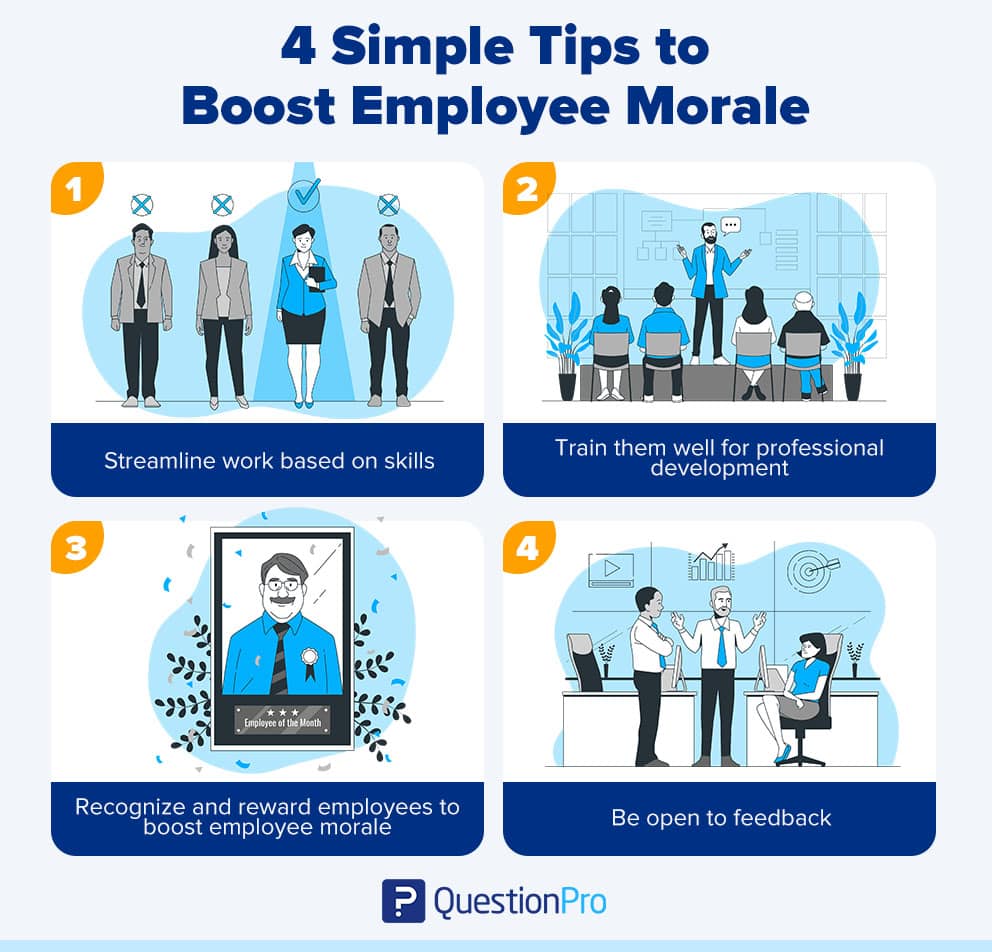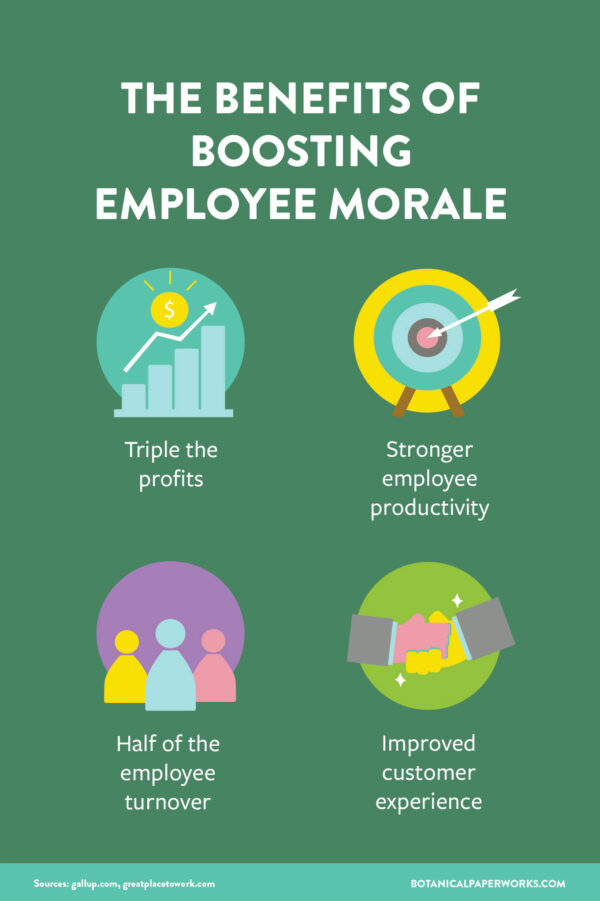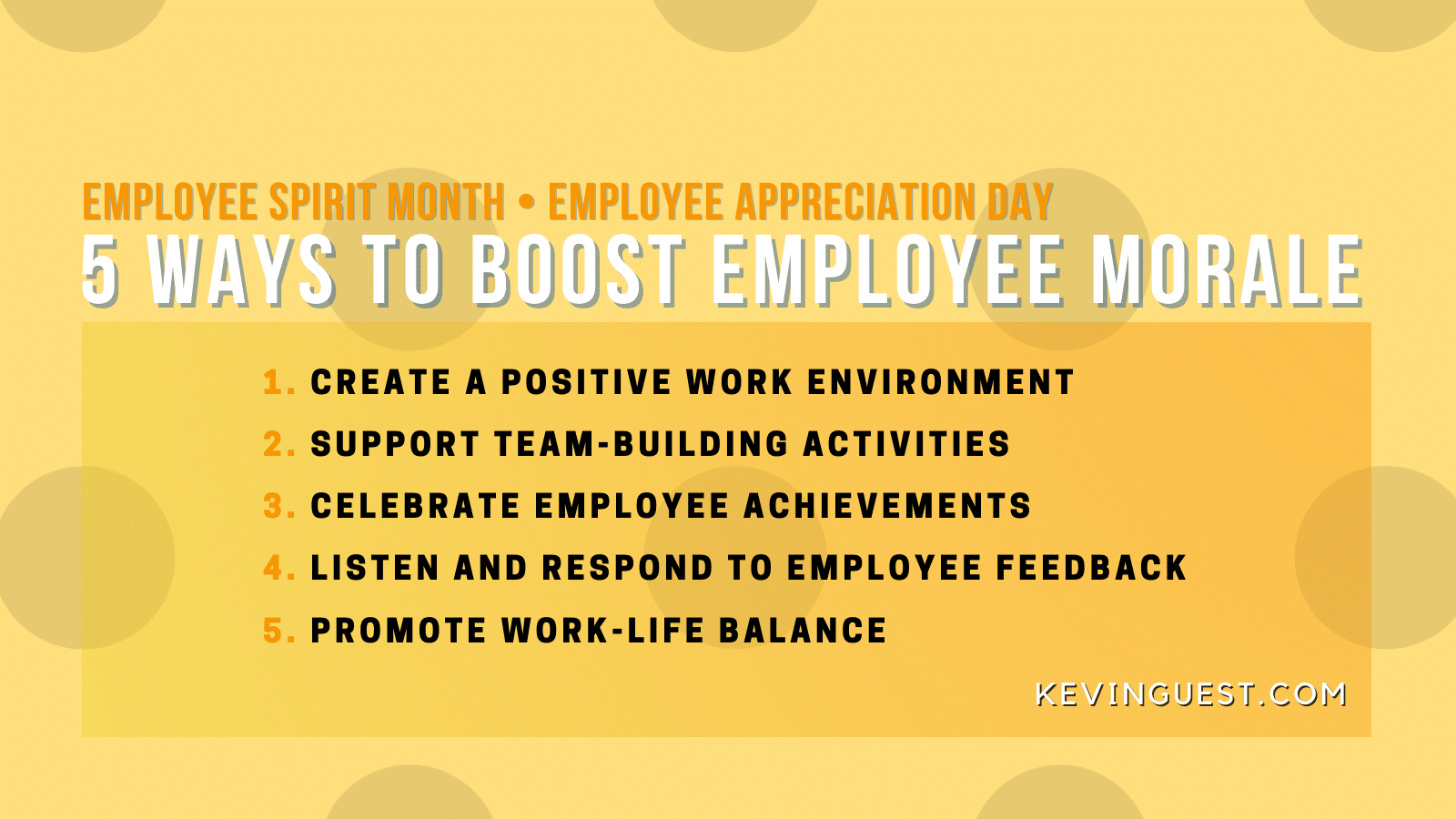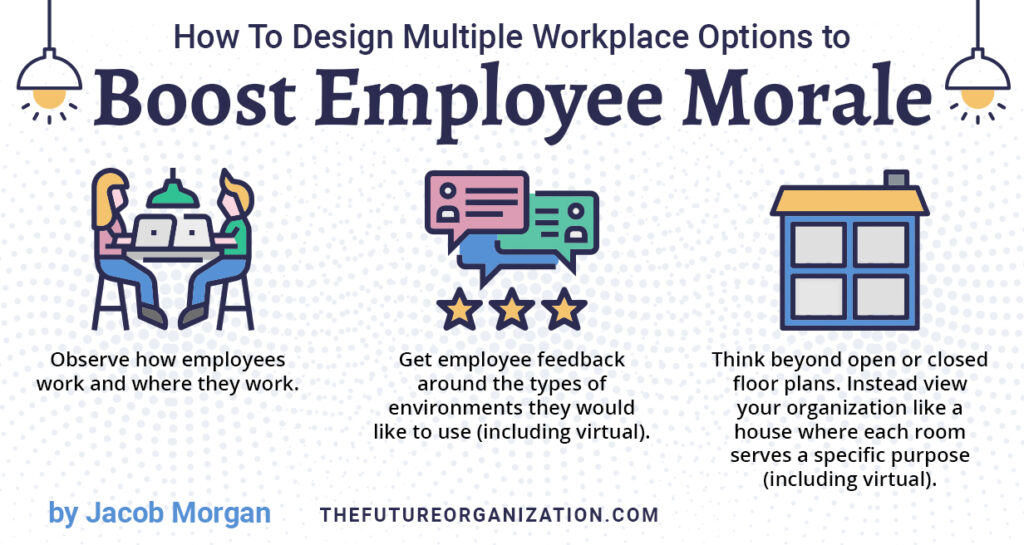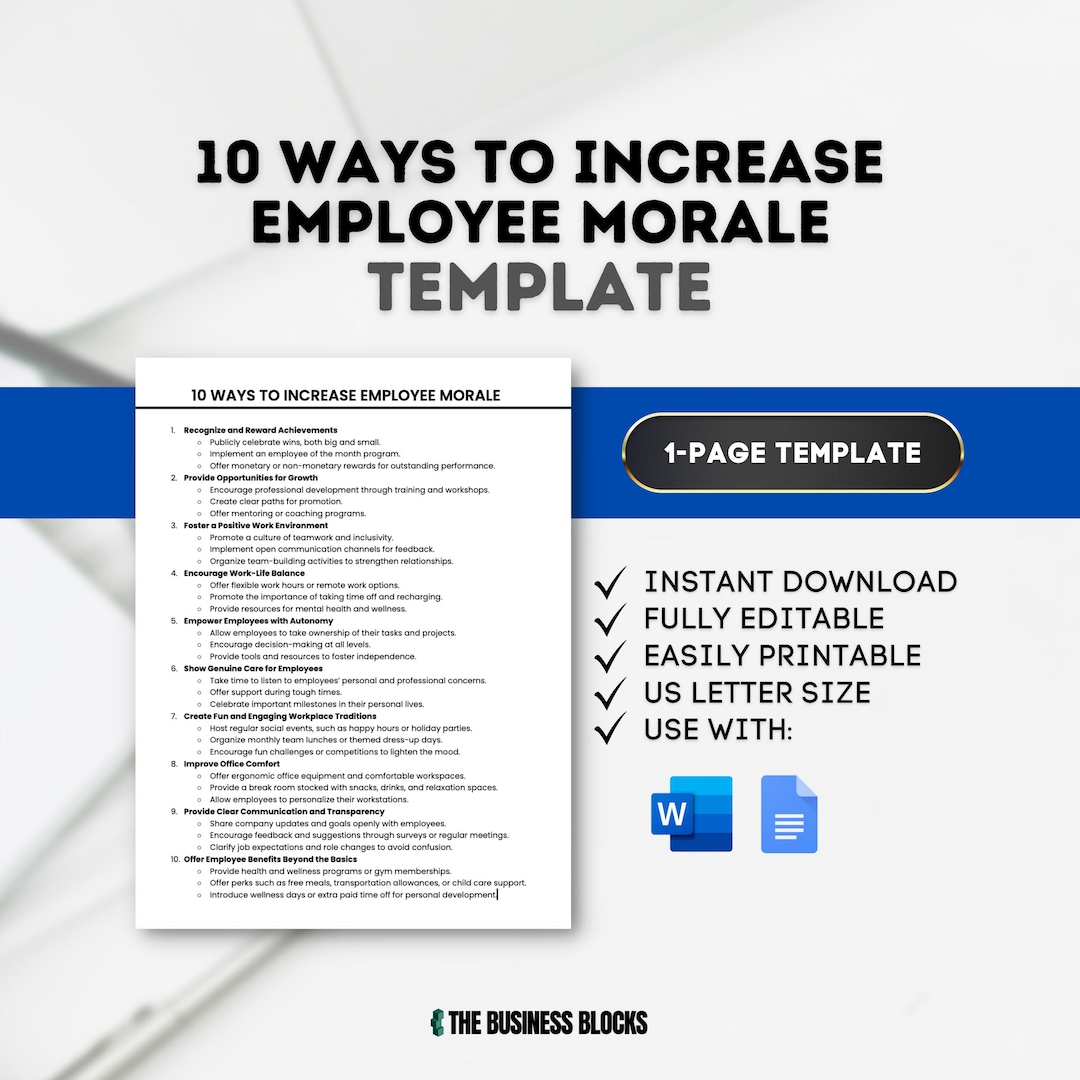How To Increase Employee Morale Without Money

In an era where economic uncertainty casts a long shadow, businesses are increasingly challenged to maintain employee morale without significant financial investment. Companies are exploring innovative, cost-effective strategies to foster a positive and engaging work environment.
The rising cost of living and inflationary pressures are squeezing household budgets, making employees more sensitive to their work environment. This article explores practical, budget-friendly methods to boost employee morale. Focusing on strategies that emphasize appreciation, communication, and opportunities for growth.
Fostering a Culture of Recognition and Appreciation
A cornerstone of boosting morale without monetary rewards is building a culture of appreciation. Recognizing and acknowledging employees' contributions can have a powerful impact.
Simple gestures like verbal praise, thank-you notes, or public acknowledgment during team meetings can go a long way. A study by Gallup found that employees who receive regular recognition are more productive, engaged, and less likely to leave their jobs.
Implementing Peer-to-Peer Recognition Programs
Peer-to-peer recognition programs allow employees to acknowledge each other's contributions. These programs can be as simple as a dedicated Slack channel or a monthly "Employee Spotlight" award.
These initiatives not only boost morale but also foster a sense of camaraderie and teamwork. They create a positive feedback loop, reinforcing desired behaviors and contributions within the organization.
Enhancing Communication and Transparency
Open and honest communication is crucial for building trust and fostering a sense of belonging. Employees who feel informed and involved are more likely to be engaged and motivated.
Regular team meetings, town hall sessions, and informal check-ins can create opportunities for dialogue. Leaders should be transparent about company goals, challenges, and progress.
Providing Opportunities for Feedback
Creating avenues for employees to provide feedback, both positive and negative, is essential. Anonymous surveys, suggestion boxes, and one-on-one meetings can help gather valuable insights.
Addressing employee concerns promptly and transparently demonstrates that their voices are heard and valued. This can significantly improve morale and foster a sense of ownership.
Promoting Growth and Development
Employees are more likely to be engaged and motivated when they feel they are growing professionally. Providing opportunities for skill development and career advancement is crucial, even without significant financial investment.
Offer opportunities for cross-training, mentorship programs, and internal workshops. Leverage online resources and free educational platforms to provide employees with access to new knowledge and skills.
Encouraging Internal Mobility
Promote internal mobility by encouraging employees to explore different roles within the organization. This can provide them with new challenges and opportunities for growth without requiring external hiring.
Clearly communicate internal job openings and provide support for employees interested in transitioning to new roles. This can help retain talent and boost morale by demonstrating a commitment to employee development.
Prioritizing Work-Life Balance
In today's fast-paced world, prioritizing work-life balance is essential for employee well-being. Burnout can significantly impact morale and productivity.
Encourage employees to take regular breaks, utilize their vacation time, and disconnect from work outside of office hours. Implement flexible work arrangements, such as remote work options or flexible schedules, where possible.
"Creating a supportive and understanding work environment is crucial for boosting morale," says Dr. Anya Sharma, a leading organizational psychologist. "Small gestures of appreciation, open communication, and opportunities for growth can have a significant impact on employee engagement."
Ultimately, boosting employee morale without money requires a shift in mindset. Focusing on building a positive culture, valuing employee contributions, and prioritizing their well-being. This investment in people is far more worthwhile than monetary compensation alone.
